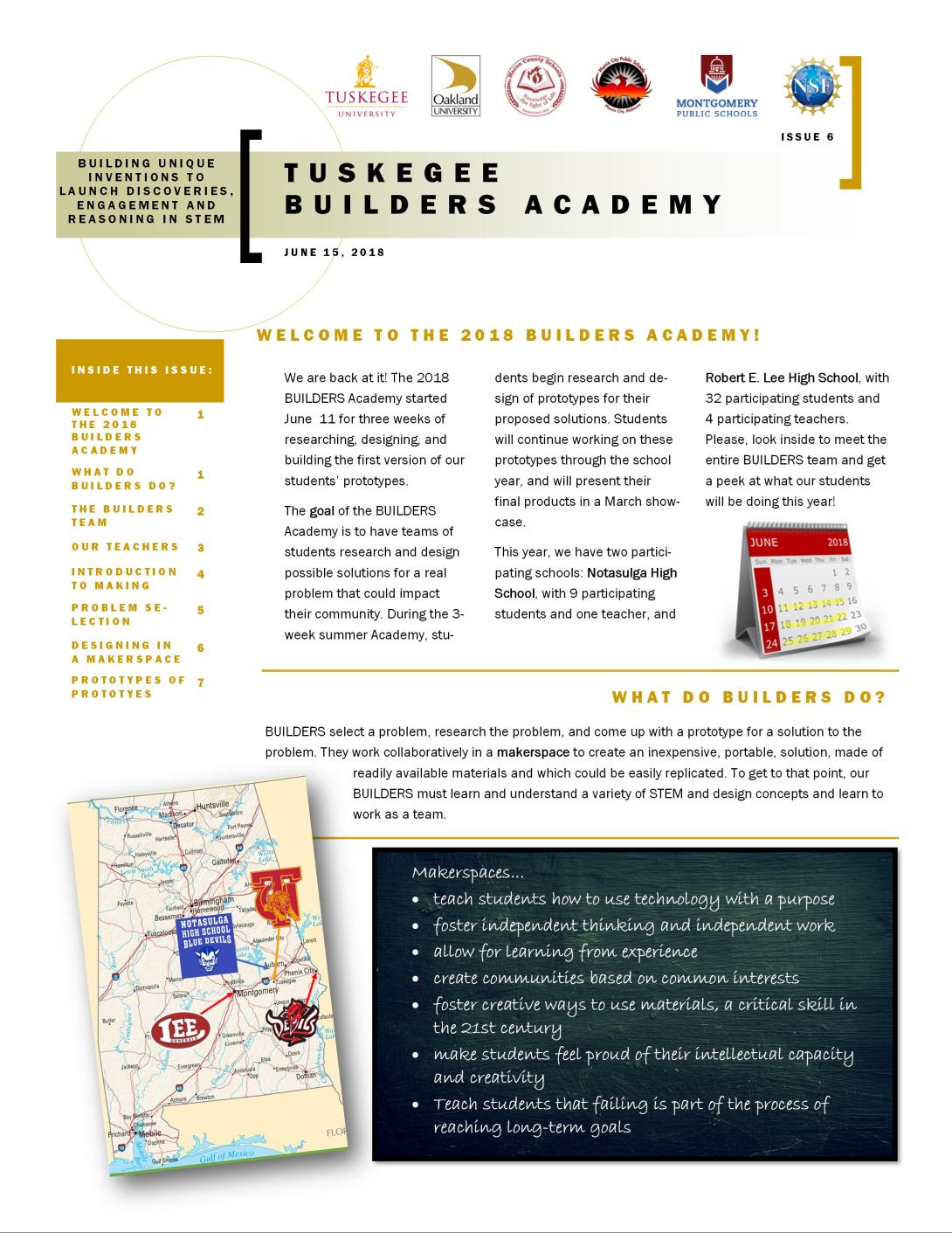Epistemological, Psychological, Neurosciences, and Cognitive Essence of Computational Thinking
PublicationThe construct of computational thinking (CT) was popularized a decade ago as an “attitude and skillset” for everyone. However, since it is equated with thinking by computer scientists, the teaching of these skills poses many challenges at K-12 because of their reliance on the use of electronic computers and programming concepts that are often found too abstract and difficult by young students. This article links CT – i.e., thinking generated and facilitated by a computational device – to our typical fundamental cognitive processes by using a model of mind that is aligned with research in
